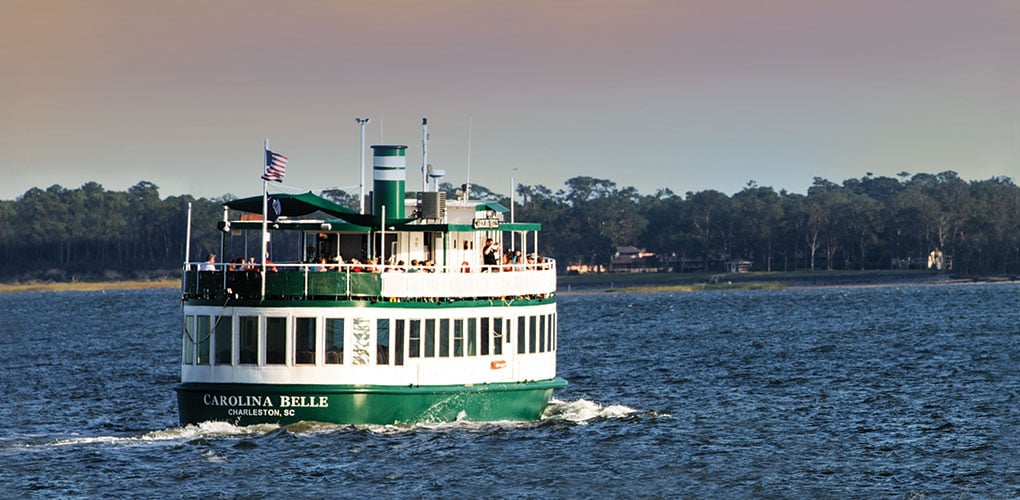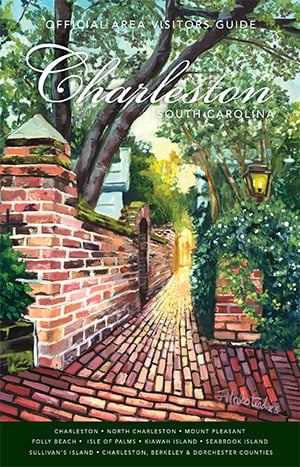
Sesquicentennial Exhibitions Continue with the Life and Times of Congressman Robert Smalls
Event Details
Continuing its commemoration of the Sesquicentennial of the Civil War, the Charleston Museum presents a special traveling exhibit, The Life and Times of Congressman Robert Smalls, 1839 - 1915. On exhibit April 3 - June 19, 2012, this display tells the story of Smalls's daring 1862 escape from slavery, his service to the Union forces during the Civil War, and his political career during Reconstruction. Consisting of narrative panels, photographs, artwork, ship models, artifacts and reproductions which underscore the historical significance of Robert Smalls, this exhibition is an important contribution to Civil War and African American history. Visitors will become more familiar with Smalls's heroic exploits and be inspired by his legacy of bravery, leadership and public service to all Americans. Exhibit highlights include furniture from the house where Smalls lived as a slave, scaled replicas of the CSS Planter and the USS Keokuk, the two ships that Robert Smalls piloted during the Civil War, a replica of the musket owned by Smalls, letters he wrote to Booker T. Washington, Frederick Douglass, and other dignitaries of his time, and photographs of his house in Beaufort, SC, his family and his descendants through the generations.
Who was Robert Smalls?
Born into slavery in Beaufort, SC on April 5, 1839, Robert Smalls is perhaps best known for his daring escape from Charleston a year into the Civil War. Smalls was pilot of the shallow-draft steamer Planter, a Confederate transport ship posted to Charleston Harbor. Led by Smalls, the enslaved crew, accompanied by their families, waited until the Planter's white officers had gone ashore and then cast off from Southern Wharf on the Cooper River early in the morning of May 13, 1862. Smalls then piloted the ship slowly through the harbor, carefully following a routine so as not to draw attention. As the vessel neared Confederate-held Fort Sumter, Smalls put on the captain's hat and blew the recognition whistle. Once clear of the fort, he surrendered the Planter to the nearest Federal blockading vessel. This bold act garnered much fame for Smalls, who went on to provide piloting services as well as useful information concerning Charleston's defenses to the Union command throughout the war.
After the war, Robert Smalls returned to his native Beaufort and helped found the Republican Party in South Carolina. In 1868, he was elected to the South Carolina House of Representatives; the following term he won election to the state Senate. Smalls was elected to the U.S. House of Representatives in 1874 and served five terms as a congressman. Smalls worked hard, though unsuccessfully, to block the disenfranchisement of African Americans as one of only six black members of the 1895 state constitutional convention. His last political role was that of collector of customs for the Port of Beaufort, a position he held for over twenty years. Robert Smalls died in 1915 and was buried in Beaufort.
Date
April 3, 2012 - June 19, 2012
Location
Charleston Museum
360 Meeting Street Charleston, SC 29403
, SC
